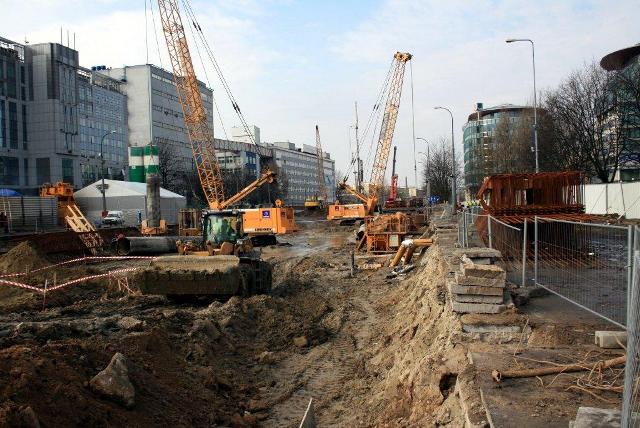Turkish Businessman: Greece Does not Possess Enough Assets for 50 Billion Euro Privatization Deal
Hüsnü Özyeğin one of Turkey’s richest businessmen who sold his Finansbank to the National Bank of Greece (NBC) in 2005, has said Greece does not have enough assets to afford a 50 billion euro privatization deal set by the EU. “There are no assets to privatize with a value of 50 billion euros in Greece,” Hüsnü Özyeğin said in the program called Ekonomi Kulübü (Economy Club) on the TRT channel.
Greece needs 12 billion euros in European and International Monetary Fund (IMF) aid to avoid a default on its 110 billion euros debt mountain in mid-July that could spread contagion across the euro currency area and send shock waves around the world economy. However, eurozone governments have blocked a final deal on a new aid package – as well as the payment of the crucial 12 billion euros installment of the existing bailout – until the Greek parliament passes 28 billion euros in additional spending cuts, tax increases, economic reforms and 50 billion euros in public assets sales.
“It is very difficult for Greece to receive 50 billion euros from public asset sales in the next 5-10 year period since our neighbor does not have any production activities with a high added value. Leave aside vehicle production plants, Greece do not even have simple factories to produce white goods,” the Turkish billionaire stated. Also touching upon the total financial gift of 90 billion euros Greece received from the EU, Özyeğin said: “Greece, a country with a population of about 10.5 million received a gift of 90 billion euros from the EU, which means that Turkey, with a population of 74 million should have received a 1.30 trillion euros gift. If this was the case, Turkey would now stand in a totally different position.”
He added that Greece was not successful in using the EU gifts in sectors with a high added value to the economy and that the Greek people were used to living high but could riot immediately upon a negative economic development. “Turkish people did not plunder any groceries or shops during the 1994 and 2001 financial crises in the country, but we have seen these kinds of incidents in Argentina and Greece. Turkish people are more resigned and hardworking than Greek people,” he said.
No interest in Greek banks
Hit by the country’s debt crisis, Greek banks face challenges on many fronts, including shrinking deposits, closed interbank funding, rising loan write-downs and losses on government bond holdings. When asked if he is considering buying a bank in Greece, Özyeğin said he is not interested in any Greek bank. “With this kind of low credit rating, nobody would seek an opportunity to buy a bank in Greece. I am not interested in the National Bank of Greece (NBG),” he said.
Greece’s largest lender, NBG, expects non-performing loans to peak this year and is expected to sell a 20 percent stake in its Turkish unit Finansbank, the chief executive of the bank said on Thursday. Finansbank was sold by Özyeğin for $5.5 billion to NBG in 2005.
“We are planning the disposal of a 20 percent stake as soon as market conditions allow,” NBG’s Chief Executive Apostolos Tamvakakis told the bank’s annual shareholders meeting.
Finansbank helped NBG grow first-quarter earnings by 39 percent despite a deep economic slump at home, and the sale of a minority stake will further boost the group’s capital adequacy, with its Core Tier 1 ratio seen topping 13 percent.
Meanwhile, hopes that Greece will get a second bailout boosted market sentiment around the world on Friday, a day after stocks and the euro plunged on fears over the pace of the global economic recovery.
Stocks, particularly in Europe, have recovered a large chunk of the losses posted on Thursday after EU leaders backed another bailout for Greece should the parliament there approve 28 billion euros in austerity measures in a vote next week. In Europe, the FTSE 100 index of leading British shares was up 0.9 percent at 5,726 while Germany’s DAX rose 0.8 percent to 7,198. The CAC-40 in France was 0.8 percent higher at 3,821.
24 June 2011
SOURCE: TODAY’S ZAMAN




